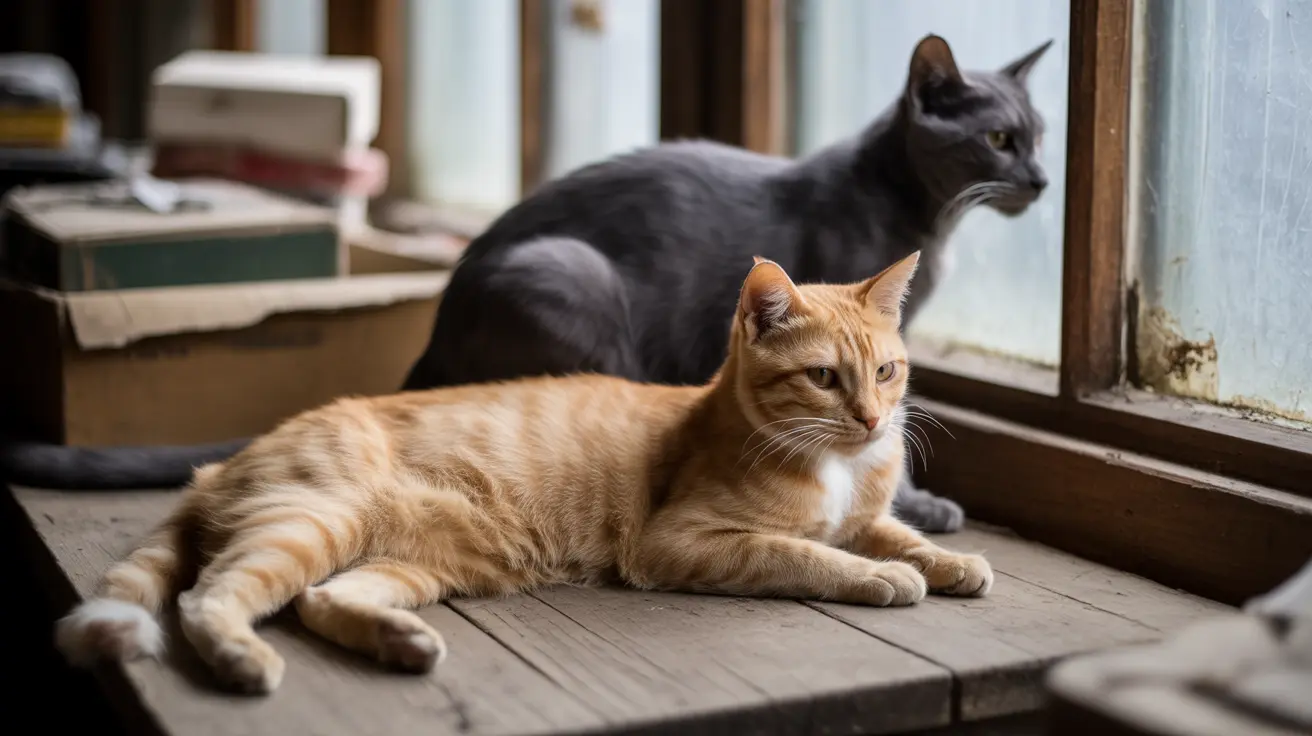Understanding Turmeric and Its Properties
Turmeric is a bright yellow-orange spice derived from the Curcuma longa plant root, belonging to the ginger family. Its active compound, curcumin, is responsible for most of its therapeutic properties, including anti-inflammatory and antioxidant effects.
When it comes to cats, turmeric's properties work differently than in humans due to their unique metabolism and digestive system. Cats process compounds differently, which means careful consideration must be given to dosage and administration.
Safety Considerations for Cats
While cats can technically eat turmeric, several important safety factors must be considered:
- Pure, high-quality turmeric without additives should be used
- Start with minimal amounts to test tolerance
- Monitor for any adverse reactions
- Always consult with a veterinarian first
- Avoid use if cat is on certain medications
Potential Benefits for Feline Health
When properly administered, turmeric may offer several benefits for cats:
Anti-inflammatory Effects
Turmeric's anti-inflammatory properties may help cats with joint issues and arthritis, particularly in senior felines. Some cats show improved mobility when turmeric is added to their supplement routine.
Digestive Support
The spice may help soothe minor digestive issues and support liver function. However, it's essential to introduce it gradually to prevent stomach upset.
Immune System Support
Turmeric's antioxidant properties could help boost the immune system, though research specific to cats is limited.
Proper Administration Methods
If you're considering giving turmeric to your cat, here are the safest methods:
Golden Paste
Mix turmeric powder with a small amount of healthy fat and warm water. This improves absorption but must be carefully measured.
Commercial Supplements
Consider veterinary-approved supplements that contain turmeric as part of a balanced formula.
Potential Risks and Side Effects
Be aware of these possible complications:
- Digestive upset
- Blood-thinning effects
- Possible allergic reactions
- Interference with medications
- Risk of overconsumption
Frequently Asked Questions
Can cats safely eat turmeric, and what is the proper dosage to avoid side effects?
Cats can safely consume turmeric in small, controlled amounts. The proper dosage depends on the cat's size and health status, typically starting with 1/8 to 1/4 teaspoon of golden paste per day. Always consult your veterinarian for specific dosing guidelines.
What health benefits can turmeric offer to cats, especially for joint pain or inflammation?
Turmeric may help reduce inflammation associated with arthritis and joint pain, support immune function, and provide antioxidant benefits. However, benefits vary among individual cats, and scientific evidence specific to felines is limited.
Are there any risks or medication interactions cat owners should be aware of before giving turmeric?
Yes, turmeric can interact with blood thinners, anti-inflammatory medications, and diabetes treatments. It may also affect liver and kidney function. Always discuss potential interactions with your veterinarian before starting turmeric supplementation.
How should turmeric be prepared or administered to cats to ensure safety and better absorption?
Turmeric is best administered as part of a golden paste mixture or through veterinary-approved supplements. The paste should include a healthy fat source to aid absorption, but avoid black pepper (commonly used in human preparations) unless specifically approved by your vet.
Should I consult a vet before adding turmeric to my cat's diet, and why is this important?
Yes, veterinary consultation is crucial before adding turmeric to your cat's diet. Your vet can assess your cat's individual health needs, potential medication interactions, and determine appropriate dosing based on your cat's specific situation.
Conclusion
While turmeric can potentially benefit cats when used appropriately, it's essential to approach its use with caution and proper veterinary guidance. The key to success lies in proper dosing, careful monitoring, and understanding that what works for one cat may not work for another. Always prioritize your cat's safety and consult with professionals before adding any new supplement to their diet.






